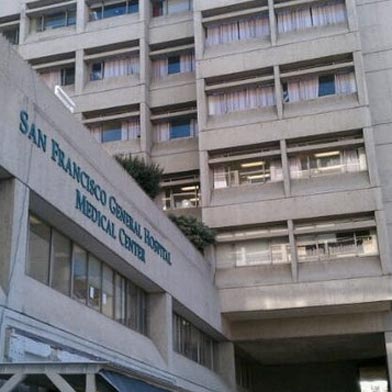
San Francisco Mayor Ed Lee announced a new initiative Friday to expand services for city residents suffering from mental health and substance abuse problems.
The Contact, Assess, Recover and Ensure Success (CARES) initiative will add a new psychiatric respite center at San Francisco General Hospital with access to peer counselors, new support for family members and youth, and additional case managers to care for those with severe mental health and substance abuse issues, according to the mayor’s office.
City officials say the program is meant to serve some of the city’s most vulnerable residents, many of whom suffer from a combination of a severe mental illness, chronic medical conditions, a history of substance abuse, unstable housing, underemployment and limited family ties.
“We have the strongest social safety net in the nation, spending $2.7 billion every year, yet we still have far too many people unable to make the choices they need to save their own lives because of severe mental health and substance abuse issues,” the mayor said in a statement.
“These hard-to-reach individuals oftentimes do not access the vital treatment they need and the new CARES initiative will help by strengthening our current behavioral health system of care for those that need it most,” he said.
As part of the CARES initiative, the mayor is also expanding the city’s Community Independence Placement Project, which works with the court system to require treatment as a condition for release for probationers and others released from jail who suffer from a mental health or substance abuse problem.
The expansion will mean former inmates will be required to comply with medication and other treatment plans and may incorporate those participating in probation-related and re-entry programs, according to the mayor’s office.
City officials say San Francisco jails have served nearly 800 inmates diagnosed with a psychotic, bipolar or major depressive disorder in the last year alone, not including the roughly 2,300 people served at any given time through the city’s Behavioral Health Court, Drug Court, or Community Justice Center.
Laura Dixon, Bay City News









